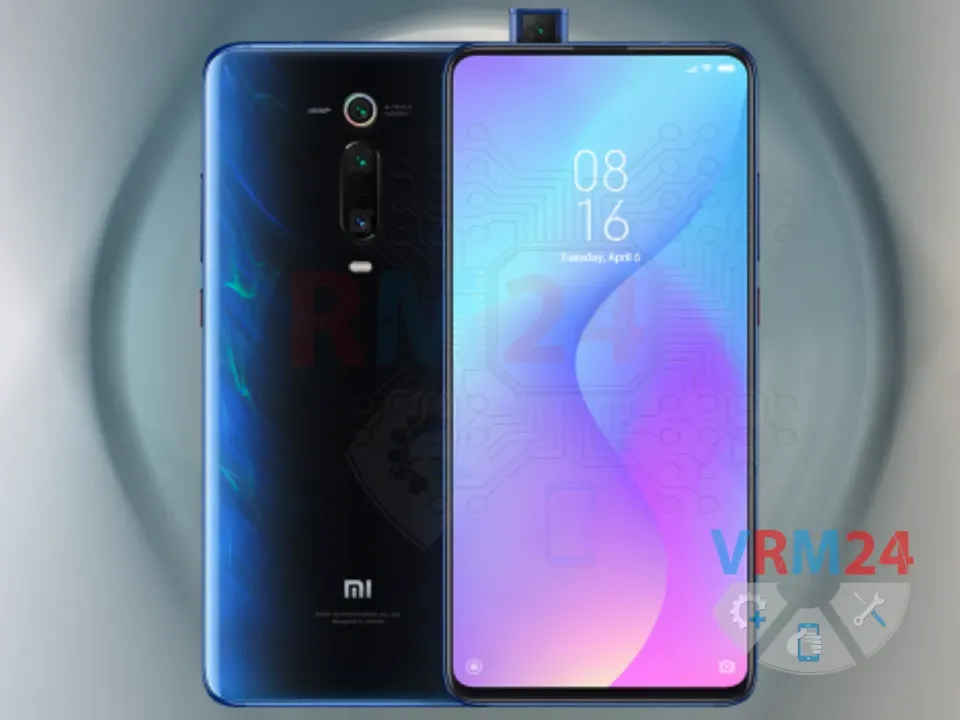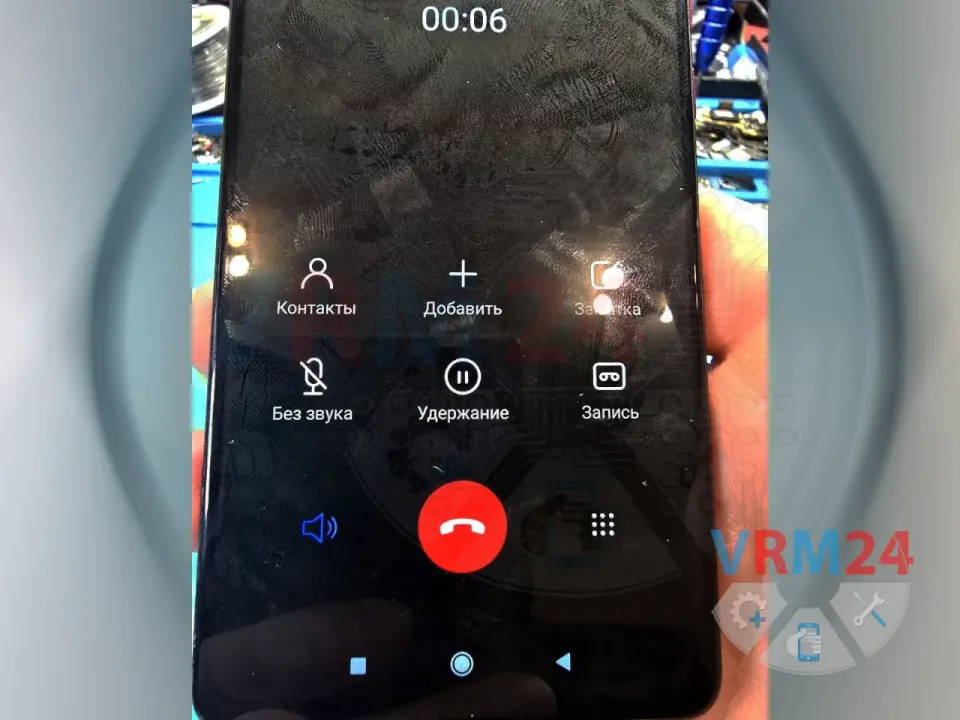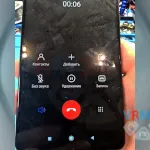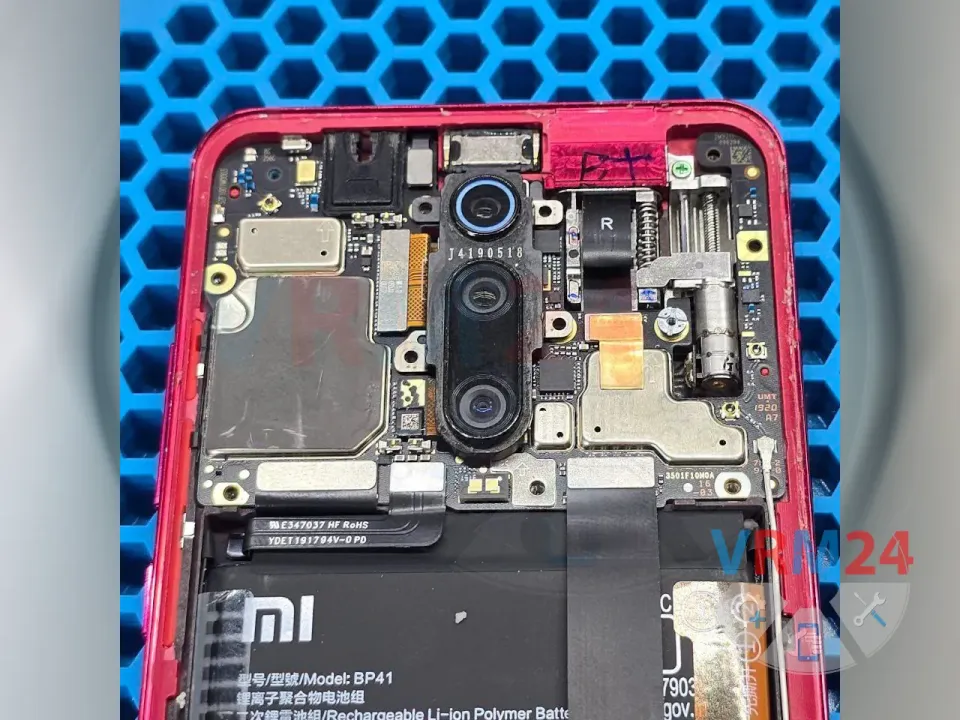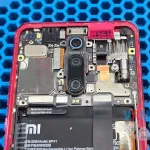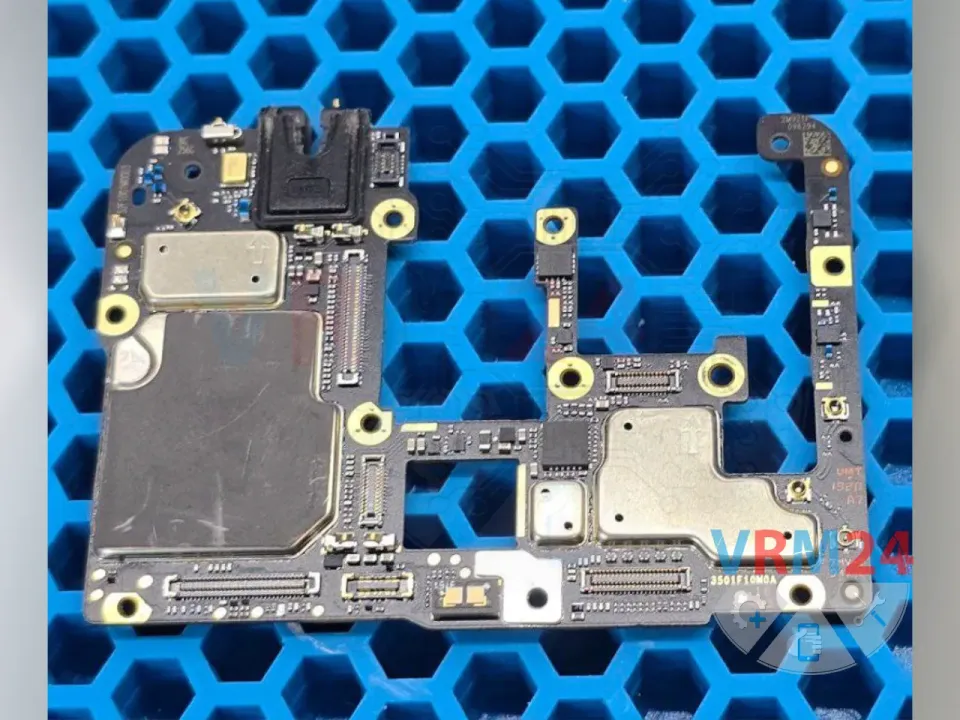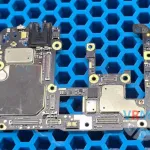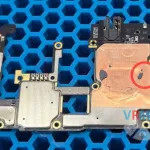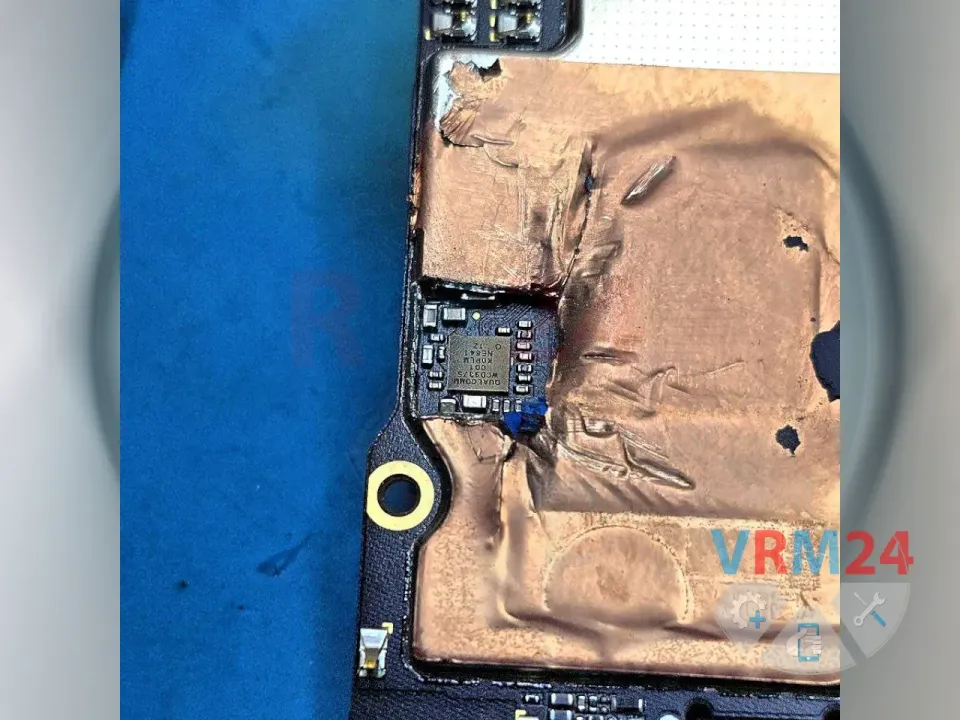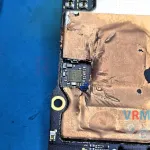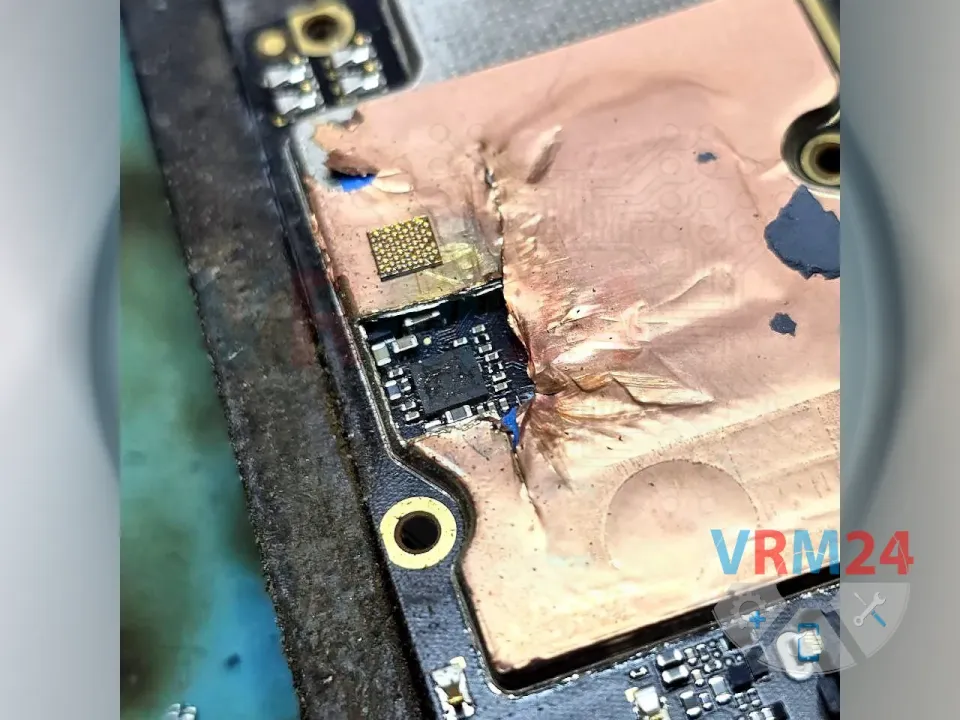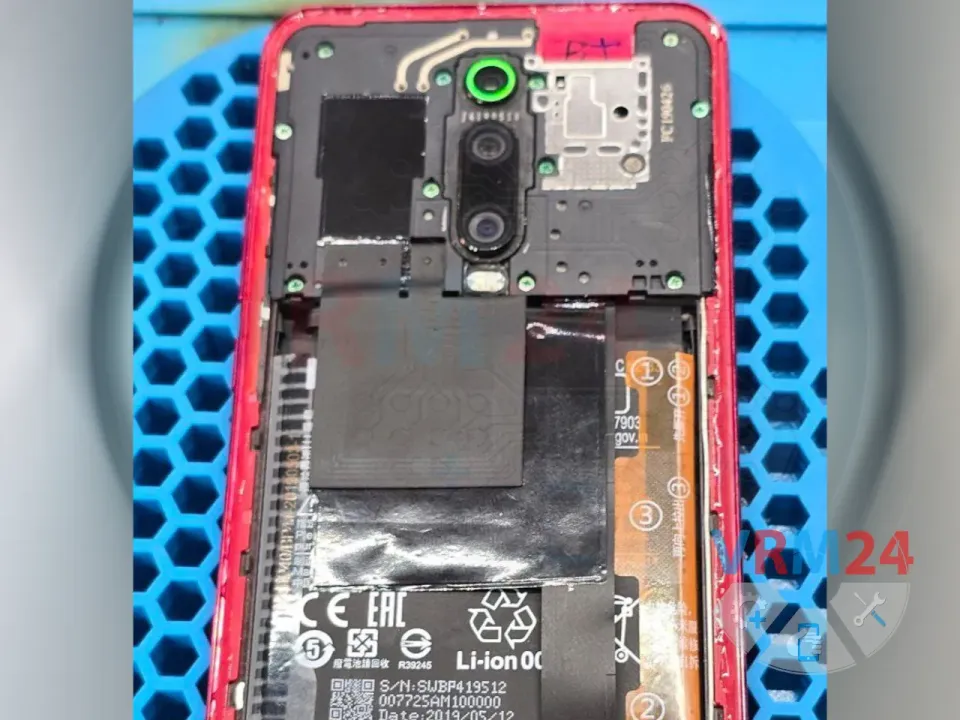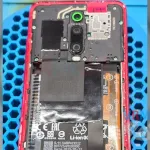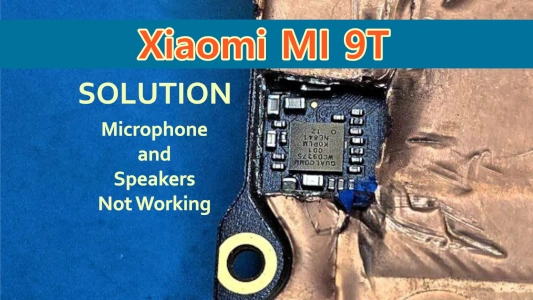
☝️ How to Disassemble the Smartphone:
For a detailed disassembly guide, check out this link: [How to Disassemble Xiaomi MI 9T]
⚠️ Before disassembling, do not forget to turn your phone off.
The device came in for repair with the following issue: no sound at all during calls or media playback.
After a quick diagnosis, it was determined that the headset icon was not showing up, which ruled out a software or settings issue. Instead, the problem was likely related to an unconnected headset jack.
However, there was a strange observation: during calls, the speakerphone would automatically activate.
This behavior is strikingly similar to a common issue with the iPhone 7, where broken traces under the audio codec chip cause the same symptom. 😂
1️⃣ Disassemble the Phone:
To start, I carefully disassembled the phone. Just to be thorough, I also inspected the lower board and checked the headset jack located on the top of the main board. ☝️
2️⃣ Inspect the Board for Liquid Damage or Physical Defects:
I examined the board for any signs of liquid damage or mechanical issues.
2️⃣ Inspect the Other Side of the Board:
I flipped the board over and checked the other side for liquid damage or physical damage.
Visually, everything looked fine, so I concluded that the issue was likely with the audio codec chip.
3️⃣ Carefully Cut a Section of the Metal Frame:
Using precision tools, I carefully cut out a small section of the metal frame near the location of the WCD9375 audio codec chip.
4️⃣ Replace the Audio Codec Chip:
Using a soldering station, I removed the faulty chip and replaced it with a fully functional WCD9375 audio codec chip.
5️⃣ Reassemble and Test the Smartphone:
After reassembling the phone, I tested it thoroughly.
Success! All sounds were restored, and the device was functioning perfectly in normal mode. 👍
Key Takeaways:
- Diagnosis is Critical: Identifying the root cause (in this case, a faulty audio codec chip) is essential for an effective repair.
- Precision Matters: Careful disassembly and soldering are crucial to avoid further damage.
- Similar Symptoms Across Devices: Issues like this can occur across different smartphone models, so knowledge from one repair can often be applied to others.
This repair is a great example of how technical expertise and attention to detail can bring a seemingly "dead" device back to life! 🛠️📱
If you have a question, ask us, and we will try to answer in as much detail as possible. If this article was helpful for you, please rate it.

